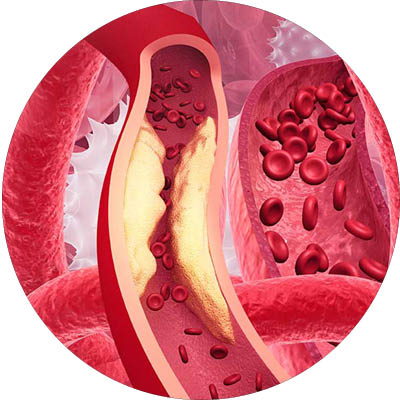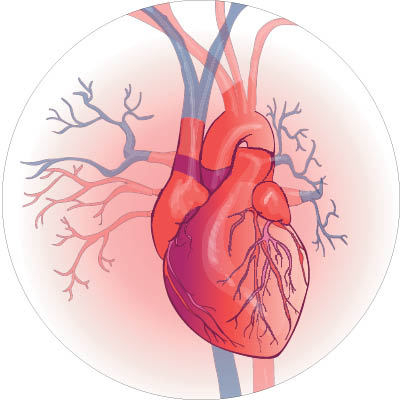What is Cardiomyopathy?
Cardiomyopathy refers to conditions that affect the heart muscle. Cardiomyopathy can make your heart stiffen, enlarged or thickened and can cause scar tissue. As a result, your heart can’t pump blood effectively to the rest of your body. In time, your heart can weaken and cardiomyopathy can lead to a severe heart failure.
What are the symptoms of Cardiomyopathy?
- Shortness of breath or trouble breathing, especially with physical exertion
- Fatigue
- Swelling in the ankles, feet, legs, abdomen and veins in the neck
- Dizziness
- Light-headedness
- Fainting during physical activity
- Arrhythmias (irregular heartbeats)
How is Cardiomyopathy diagnosed?
Echocardiogram
An echocardiogram is a form of ultrasound which shows your heart's movement, structure, and function.
Electrocardiogram (EKG or ECG)
An electrocardiogram records the electrical impulses traveling through the heart
Imaging Test
Cardiac imaging tests are done with ultrasound or CT scan to check the size of your heart and if there is fluid build-up surrounding organs.
Stress Test
A stress test is done by monitoring your heart function while you run on a treadmill and provides information about the likelihood of coronary artery disease.
Blood Test
A blood test will be done to organ function, and check cholesterol levels and the presence of anemia.
Coronary Angiography
A coronary angiography is a diagnostic procedure to observe how blood flows through the heart’s arteries heart’s and blood vessel function
Chest X-ray
This helps your doctor see the condition of your heart and lungs. An X-ray can identify conditions other than a heart defect that might explain your signs or symptoms



